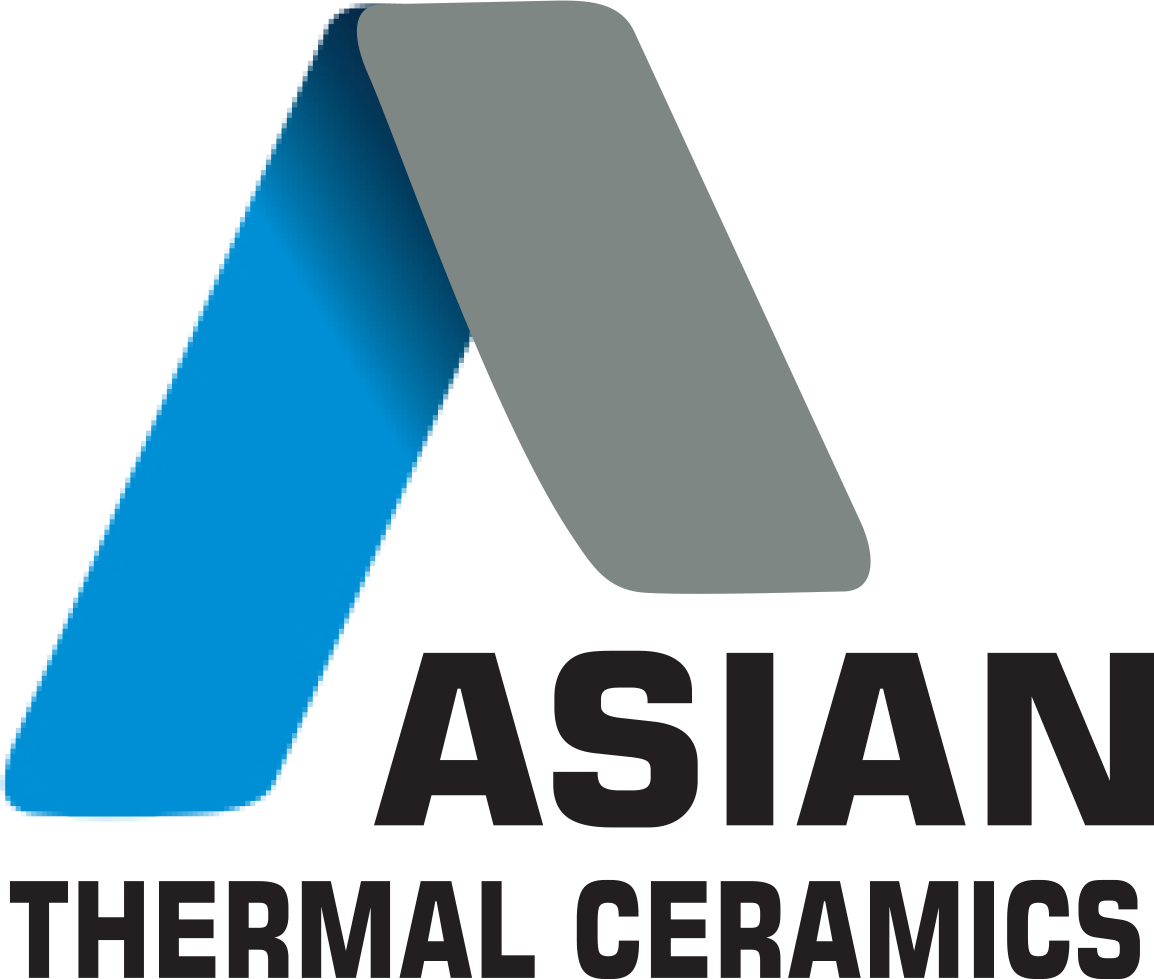Industrial Ceramics
industrial ceramics, Ceramics are broadly defined as inorganic, nonmetallic materials that exhibit such useful properties as high strength and hardness, high melting temperatures, chemical inertness, and low thermal and electrical conductivity but that also display brittleness and sensitivity to flaws

Industrial ceramic materials are non-metallic, inorganic compounds Industrial ceramics products made mostly of high alumina. They have high melting points, low wear resistance, and a wide range of electrical properties.
The minerals used to make industrial ceramics materials are crushed or ground into a fine powder that is purified by adding it to a solution and allowing a chemical precipitate to form. The precipitate is then separated from the solution and heated to form a highly pure powder. After purification, small amounts of wax are added to bind the ceramic powder. Plastics may also be added to provide pliability. The powder can then be shaped into different objects by various molding processes such as slip casting, pressure casting, injection molding, and extrusion. After industrial ceramic materials are molded, they are heated in a process known as densification to strengthen the material.
sections:
- Classical Ceramics (Original contributions to the advancement of classical ceramics products and their production technologies)
- Advanced Ceramics (Original contributions to the advancement of products and industrial processes in the area of advanced ceramics)
- Topic in Focus (A collection of papers devoted to a specific subject of special relevance and actuality for production and application)
